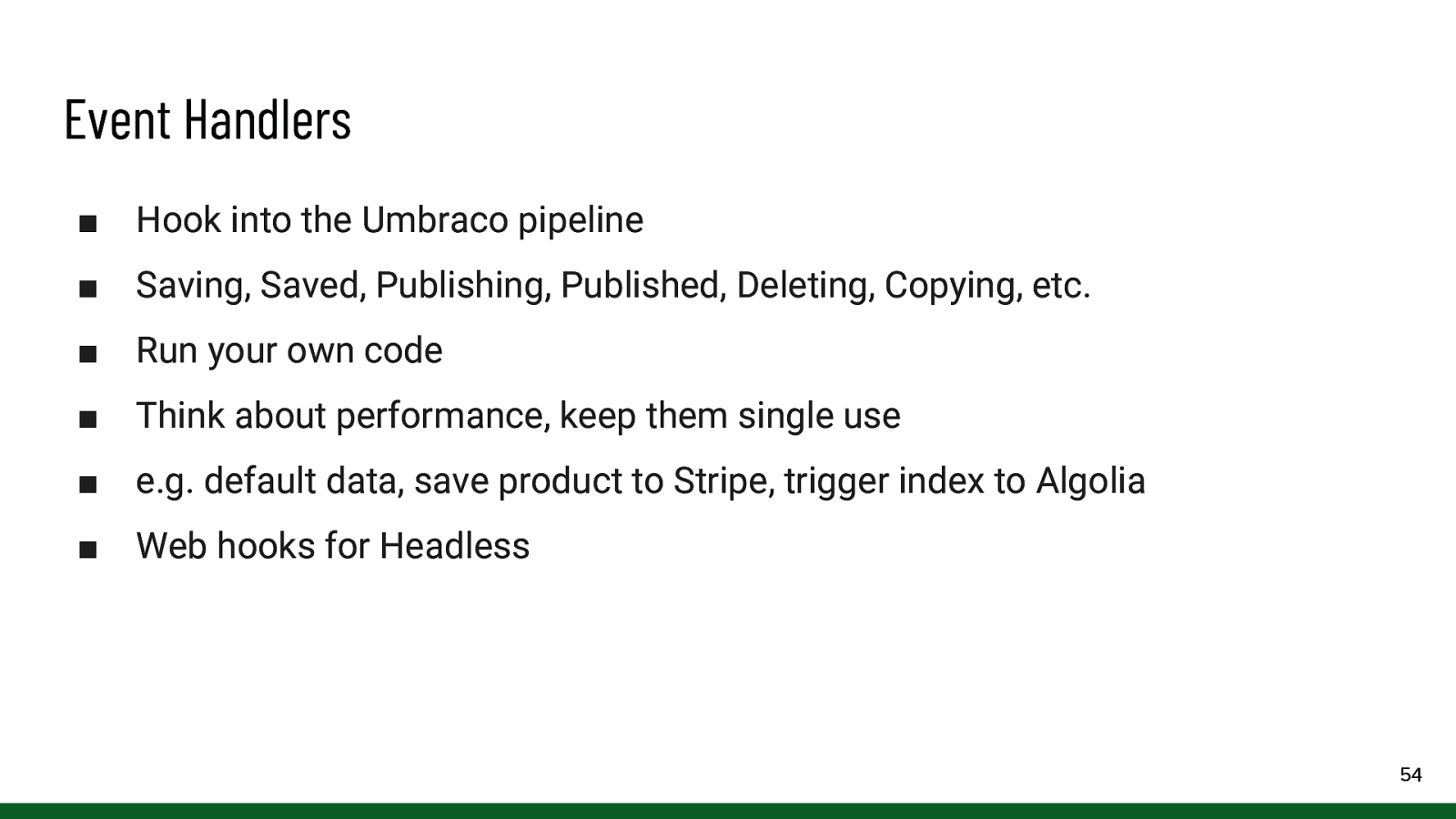


I also tested creating and object (a user object or whatever model you may have) in this perform method, and it worked. Delayed Job provides a mechanism to change the order in which jobs are run: a job can have an integer 'priority', which provides perhaps the most obvious mechanism for beginning to introduce more fairness into the system. Was confirmed in my log/development.log file that this was successful. To review, open the file in an editor that reveals hidden Unicode characters. Then running Delayed::Job.enqueue SendTextJob.new( "Work on this text NOW, please?", "5551231234") delayedjobmatcher.rb This file contains bidirectional Unicode text that may be interpreted or compiled differently than what appears below.
#DELAYED JOB ENQUEUE FREE#
You are free to throw unhandled exceptions or terminate your application background jobs will be re-tried automatically. Having a tough time with this one.Ben W is absolutely right, Make sure you have a file under " #" puts "Successfully sent text" end end Once a background job was created without any exception, JobRunr takes the responsibility to process it at least once. Please, help! If any more info is needed, let me know. Queues function as a stream from which workers reserve and run jobs.
#DELAYED JOB ENQUEUE CODE#
Jobs contain the business logic you would like to run and are written to a database table when application code enqueues jobs. I am stuck with this issue for almost two weeks. Delayed Job at its core is comprised of jobs, queues, and workers. Resque.enqueue_at_with_queue(‘auto_rejection_queue’, 2.om_now,ĪutoRejectionJob, assignment_id: self.id)īoth of them send the job to the resque delayed queue but do not or bring the job to the main queue to perform.Īlso, the time stamp for the job shows no jobs listed to be scheduled when I click on the all schedules link for the delayed job. ACL has a number of Ruby on Rails applications which make use of Collective Idea’s Delayed::Job gem for background processing.

#DELAYED JOB ENQUEUE UPDATE#
Now from the time of its creation, if the user does not update the status within the specified time, the job has to automatically update the status to “rejected”. If your background job encounters a problem during its execution, it will be retried automatically after some delay. Here once an assignment record is created the status is usually kept as “assigned” at time of its creation. If order_assignment.status_id = 1 || order_assignment.status_id = nilĬlass Estamps::Assignment < ActiveRecord::BaseĪt(wait: 2.minutes).perform_later(self.id) There is still room for some inconsistency - a failure to enqueue a job doesnt rollback a committed transaction, for instance, but in practice that is rare.

When a worker dequeues a job, it will pick the one with the lowest number in its priority column. Order_assignment = Estamps::Assignment.find(assignment_id) Delayed Job provides a mechanism to change the order in which jobs are run: a job can have an integer 'priority', which provides perhaps the most obvious mechanism for beginning to introduce more fairness into the system. The problem which I am facing is that the job goes to the delayed queue as shown in the resque web view but does not moves to the main queue after the specified time for it to delay lapses I need to perform a job wherein each time an order is created it is assigned to a vendor and if the vendor does not accept the order and updates the status within a specified time, the order is auto-rejected and the status updated to rejected. Delayed::Job.enqueue SendTextJob.new(Work on this text NOW, please, 5551231234).


 0 kommentar(er)
0 kommentar(er)
